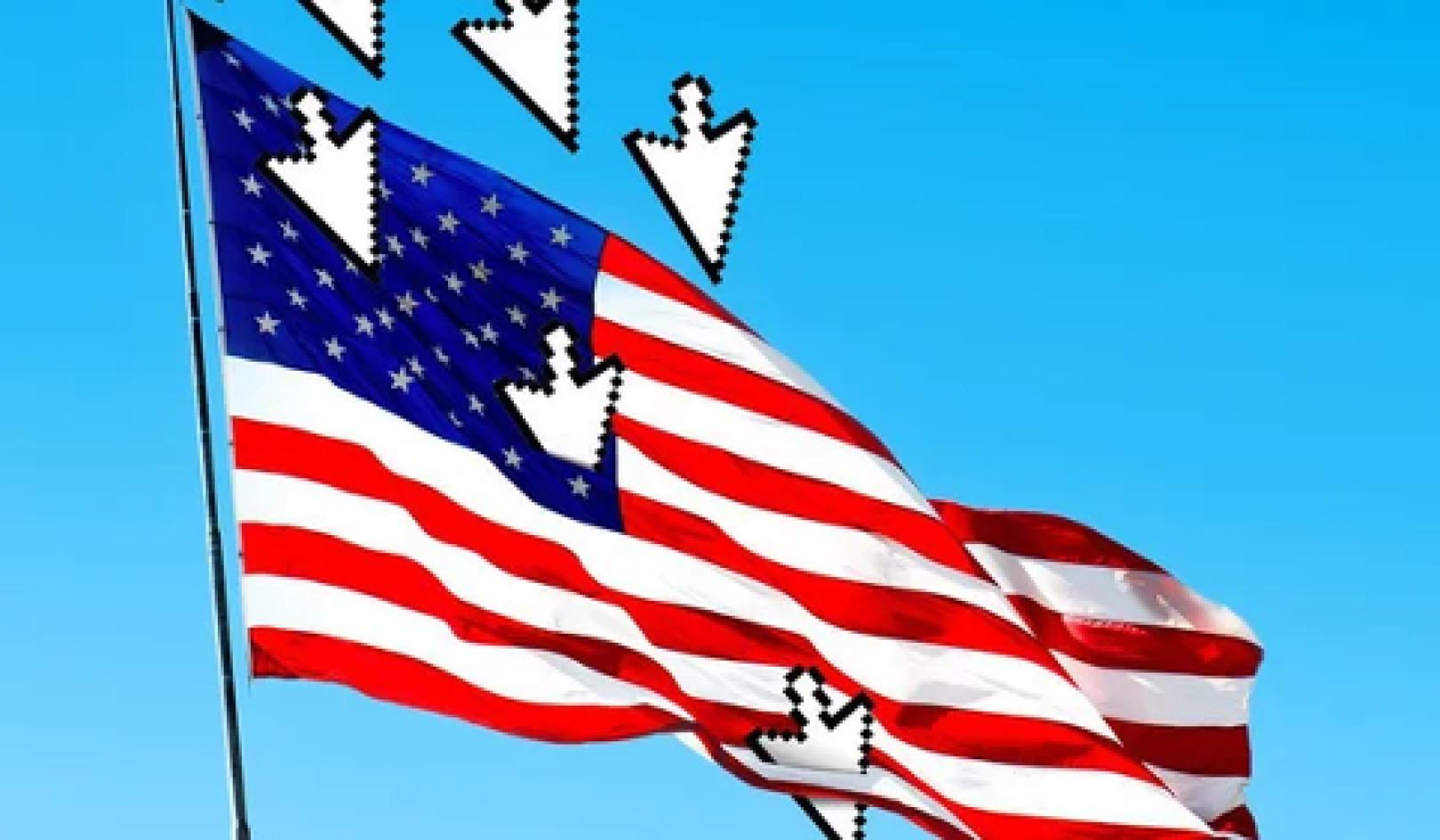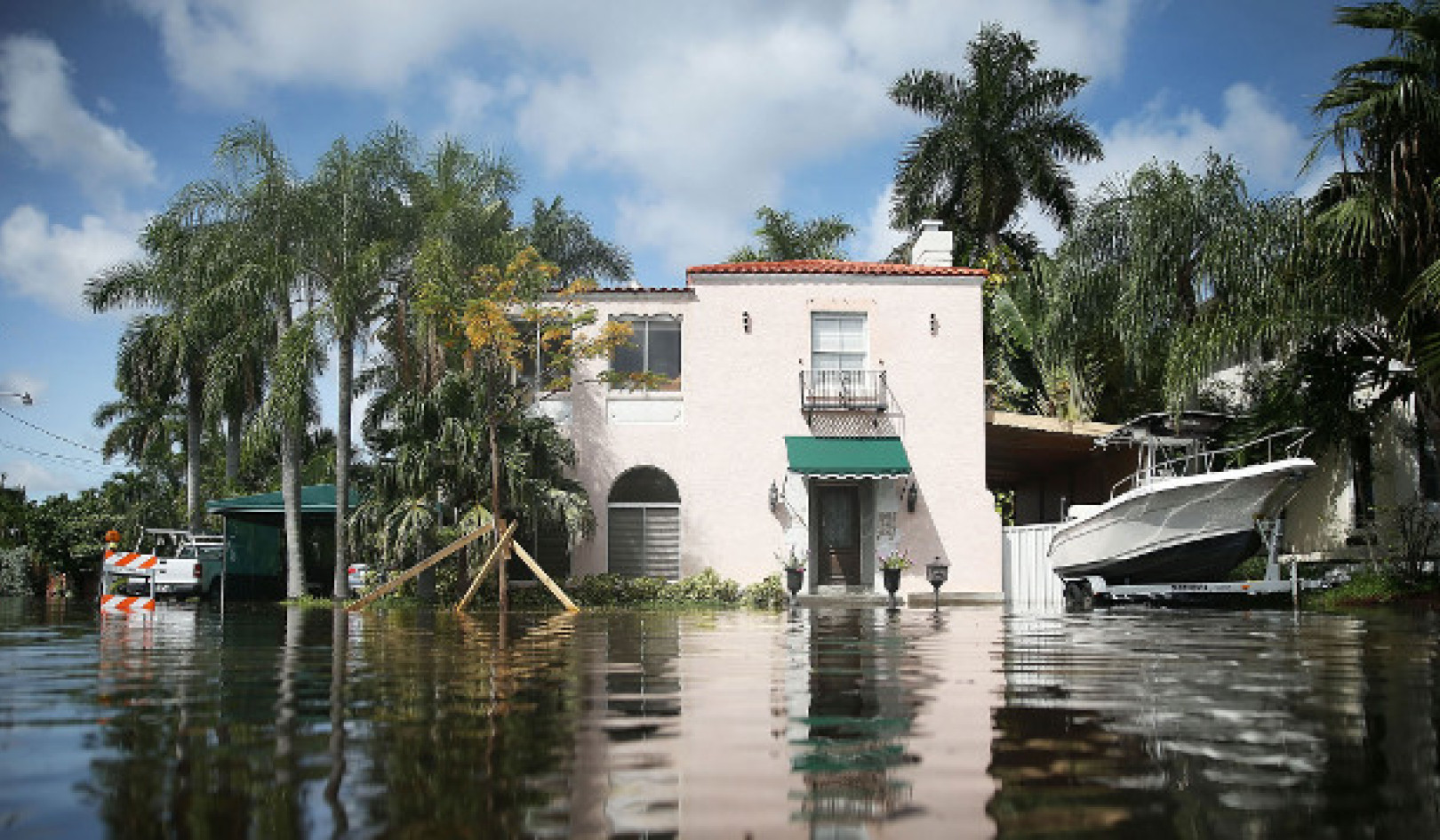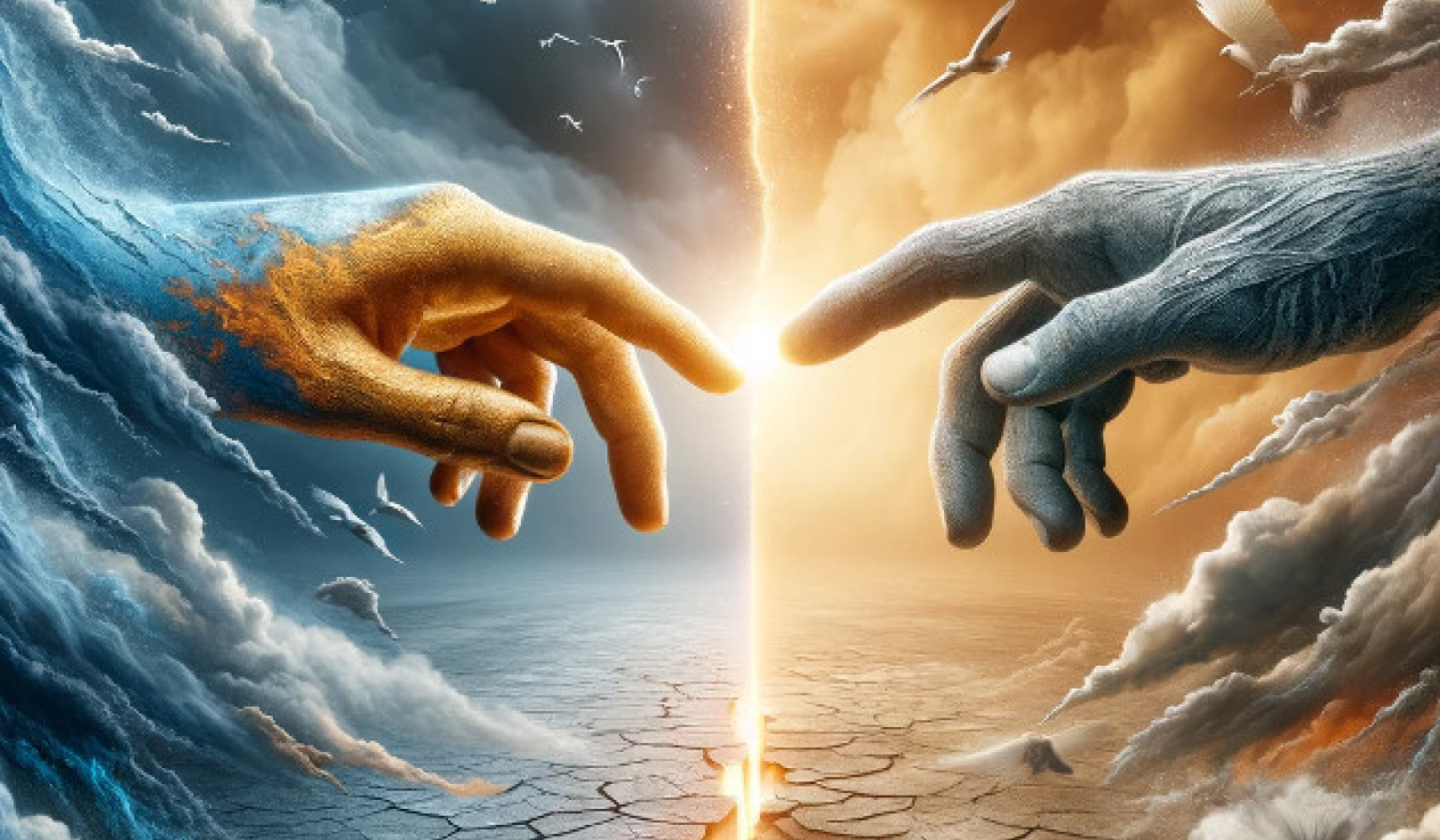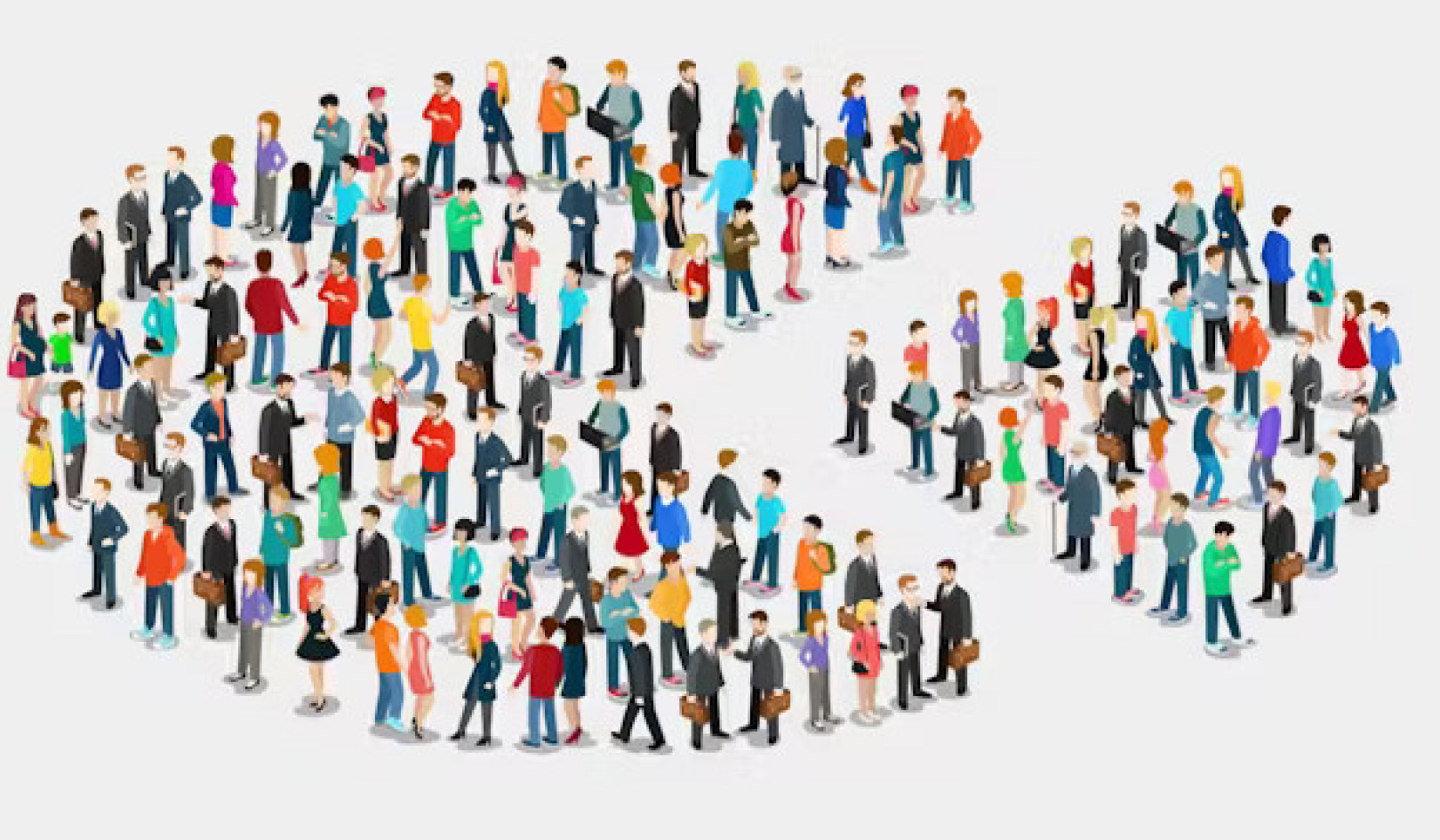{vembed Y=CYWb73XPyXA}
Hermit crabs can teach us about wealth inequality, according to a new study.
The distribution of the empty snail shells in which hermit crabs live was surprisingly similar to the distribution of wealth in human societies, the research finds.
“Although people and hermit crabs are unlike in many ways, there is one big similarity: humans and hermit crabs both have possessions,” says lead author Ivan Chase, professor emeritus of sociology at Stony Brook University.
“Hermit crabs have soft abdomens and so they must live in and carry around empty snail shells as protection against predators. Hermit crabs grow throughout their lives and periodically they must find new and larger snail shells.”
The researchers took a sample of nearly 300 hermit crabs, removing them gently from their shells, and measuring the weights of those shells to make their discovery.
The team used a measure called the Gini coefficient to calculate the amount of inequality in the crabs and found it was similar to that in small-scale human societies such as hunter-gatherers and ancient farming communities.
“The forces that produce wealth inequality in humans are much more complex,” Chase says.
He believes, however, that by observing and documenting hermit crab activity with shell distribution and redistribution, we may gain insights into wealth inequality, and the crabs themselves could serve as a model organism to study this complex and difficult problem in human society.
“Our research provides a a reference point, a kind of a baseline to help us look at our own inequality. It demonstrates that inequality is natural—at least in a certain way of speaking—and that it can exist even in a species that is very different from us, a species that doesn’t have an economy, that doesn’t have culture, and—as much as I might like them—one that is not nearly as smart as we are,” Chase says.
“However, I think that our research also suggests that the extreme level of inequality that we see all around us is probably something unique, something that is only found in large-scale human societies of the sort that most of us live in today.”
The study appears in Physica A.
About the Author
Lead author Ivan Chase is a professor emeritus of sociology at Stony Brook University.
Books on Inequality from Amazon's Best Sellers list
"Caste: The Origins of Our Discontents"
by Isabel Wilkerson
In this book, Isabel Wilkerson examines the history of caste systems in societies around the world, including in the United States. The book explores the impact of caste on individuals and society, and offers a framework for understanding and addressing inequality.
Click for more info or to order
"The Color of Law: A Forgotten History of How Our Government Segregated America"
by Richard Rothstein
In this book, Richard Rothstein explores the history of government policies that created and reinforced racial segregation in the United States. The book examines the impact of these policies on individuals and communities, and offers a call to action for addressing ongoing inequality.
Click for more info or to order
"The Sum of Us: What Racism Costs Everyone and How We Can Prosper Together"
by Heather McGhee
In this book, Heather McGhee explores the economic and social costs of racism, and offers a vision for a more equitable and prosperous society. The book includes stories of individuals and communities who have challenged inequality, as well as practical solutions for creating a more inclusive society.
Click for more info or to order
"The Deficit Myth: Modern Monetary Theory and the Birth of the People's Economy"
by Stephanie Kelton
In this book, Stephanie Kelton challenges conventional ideas about government spending and the national deficit, and offers a new framework for understanding economic policy. The book includes practical solutions for addressing inequality and creating a more equitable economy.
Click for more info or to order
"The New Jim Crow: Mass Incarceration in the Age of Colorblindness"
by Michelle Alexander
In this book, Michelle Alexander explores the ways in which the criminal justice system perpetuates racial inequality and discrimination, particularly against Black Americans. The book includes a historical analysis of the system and its impact, as well as a call to action for reform.






















